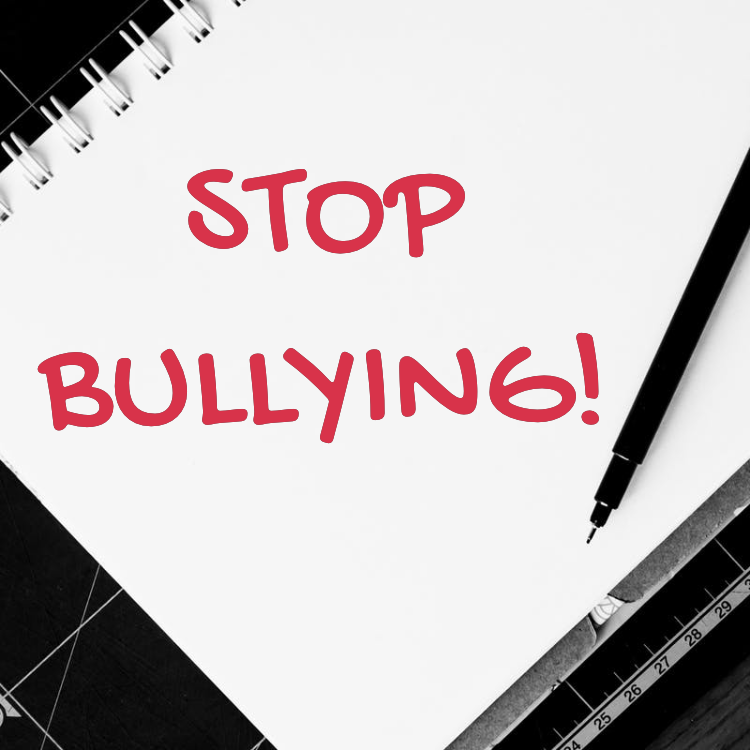Always recommend talking openly with your children around subjects that can affect them as they are growing up. As bullying will affect up to 7 in 10 young people before they reach their 18th birthday, it is important to be prepared.
- Always talk openly with young people about bullying so that they willingly share any concerns with you and it doesn’t become a ‘taboo’ subject
- Listen carefully and show them that you have listened by talking it through
- Don’t dismiss the bullying as “part of growing up” and to “ignore it”. This will only teach them to tolerate bullying behavior
- Put any anger aside – it is vital to prioritize how THEY are feeling. If you feel you need support, then seek this out separately
- Ask them what THEY want to do about it; it’s tempting to completely take over but this is very disempowering for young people and takes away control from them in a situation where they may already feel powerless
- Regularly check in with them so you know what’s going on and to be sure they are happy with whatever action was decided upon
- Make sure they do not feel excluded from any action that is taken. They may already feel worried about what is going to happen
- Reassure them that it is NOT their fault. They did not do anything to ‘deserve’ being bullied
- Remind them that it is the attitude and behavior of the perpetrator that is at fault
- Try and be sympathetic towards the perpetrator; it is highly likely that they are experiencing serious issues of their own
- Keep clear records of everything: Incidents, calls and visits to the school
- Once you have reported the bullying, keep in regular contact with the school or college to ensure they are dealing with the situation
Credit Ditch The Label


